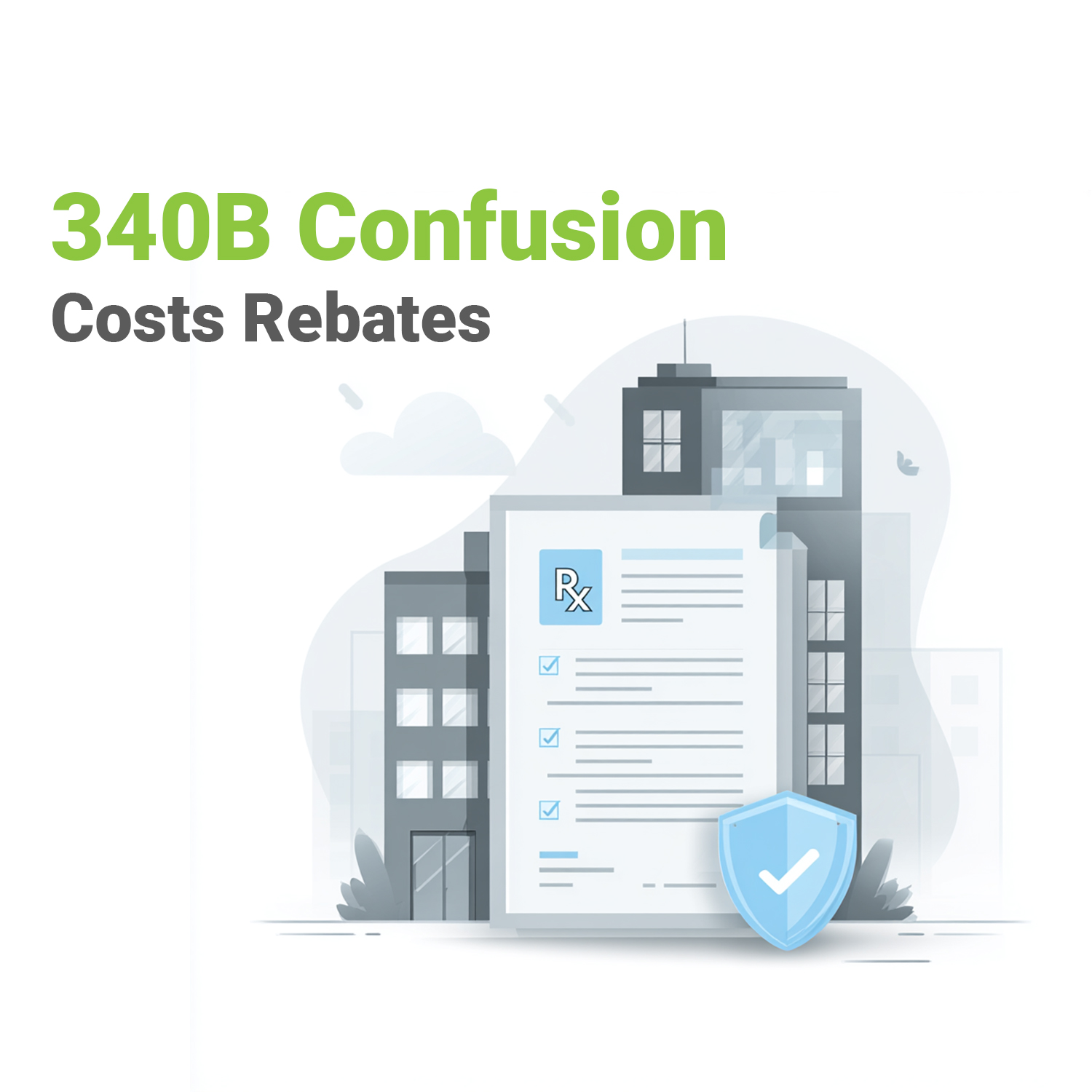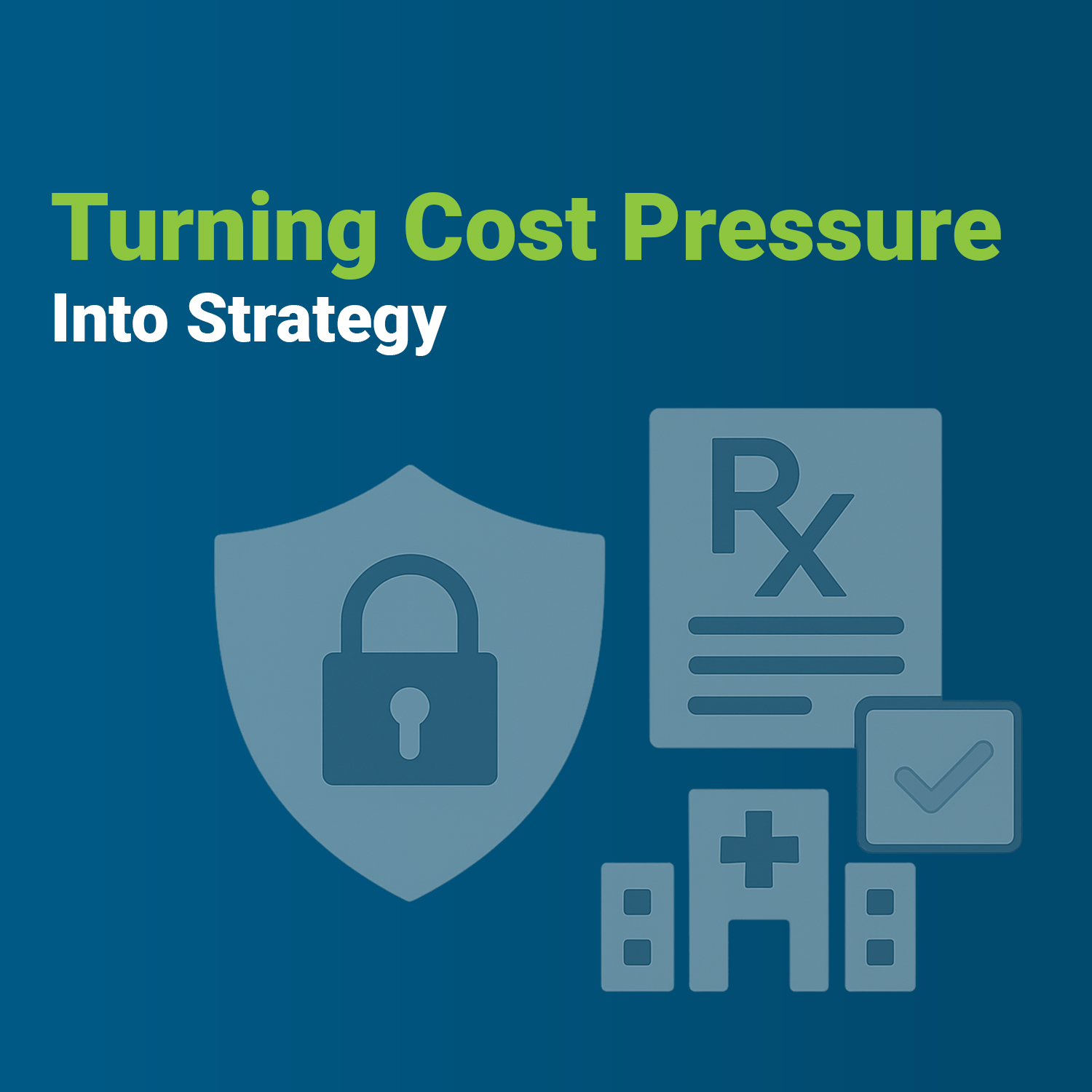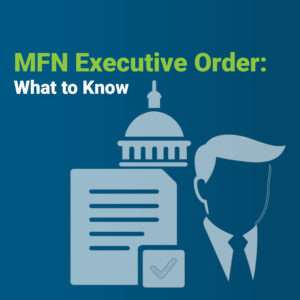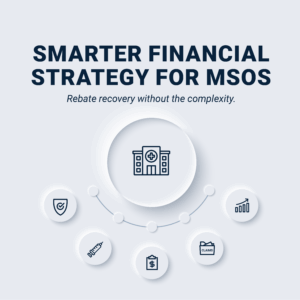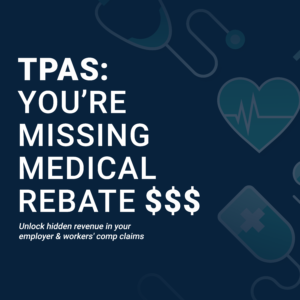Health plans are facing increasing pressure to manage the skyrocketing costs of specialty medications. Specialty drugs, while representing a small fraction of total prescriptions, now account for a substantial share of overall drug spending. As health plans work to balance financial sustainability with member access to high-cost therapies, one growing trend is the increased use of medical-benefit rebates over traditional pharmacy rebates.
Why Medical Rebates Are Becoming Essential
Traditionally, rebates have been more commonly tied to pharmacy benefits, where payors negotiate directly with Pharmacy Benefit Managers (PBMs) to receive savings on certain drugs. However, 44% of health plans now report receiving medical-benefit rebates, a significant increase from 39% the previous year (MMITNetwork) (Pharmaceutical Strategies Group (PSG)). This shift underscores a growing effort by payors to recover additional revenue from the medical side of the claims process, particularly for specialty drugs administered in clinical settings such as hospitals and outpatient clinics.
These rebates, paid on the back end, provide a vital opportunity for health plans to recover substantial funds. Specialty medications, in particular, present a key target for these rebates, with rebates ranging from $25 to $300 per drug (Pharmaceutical Strategies Group (PSG)). As high-cost therapies such as gene and cell treatments continue to rise, managing the financial impact of specialty drugs is becoming increasingly critical for health plans (Pharmaceutical Strategies Group (PSG)).
How Health Plans Can Benefit
For health plans, the opportunity to capture rebates tied to medical claims—especially for high-cost specialty drugs—is essential for controlling costs without compromising member access to necessary treatments. Unlike PBM rebates, which are often linked to formulary placement and pharmacy use, medical-benefit rebates offer a flexible, additional revenue stream without interfering with the plan’s existing pharmacy benefit design.
Additionally, as more specialty medications enter the market, plans are under increased pressure to manage costs. 93% of health plans already receive specialty drug rebates under the pharmacy benefit, but the rising receipt of rebates tied to medical claims presents an untapped opportunity (Pharmaceutical Strategies Group (PSG)). With VativoRx’s expertise in post-administration rebate management, health plans can capitalize on this growing trend and recover revenue that would otherwise go uncollected.
Managing Specialty Drug Costs in 2024
Managing the rising cost of specialty drugs, particularly gene and cell therapies, remains one of the biggest challenges for health plans. 74% of health plans anticipate gene therapy affordability to be a major challenge over the next 2 to 3 years (MMITNetwork) (Pharmaceutical Strategies Group (PSG)). With this in mind, capturing rebates on specialty drugs is a critical strategy for mitigating financial risk and ensuring long-term sustainability.
VativoRx specializes in managing these post-administration rebates, helping health plans tap into overlooked opportunities to recover revenue. By leveraging data from recent claims, VativoRx identifies rebate-eligible medications and handles the entire rebate submission process, ensuring payors maximize their rebate potential.
Ready to Capture Untapped Revenue?
If you’re interested in learning how VativoRx can help your health plan unlock additional revenue through medical rebates, we’d love to provide a no-obligation assessment of your current claims. Contact us today to schedule a consultation and see how much revenue your plan could be recovering.

